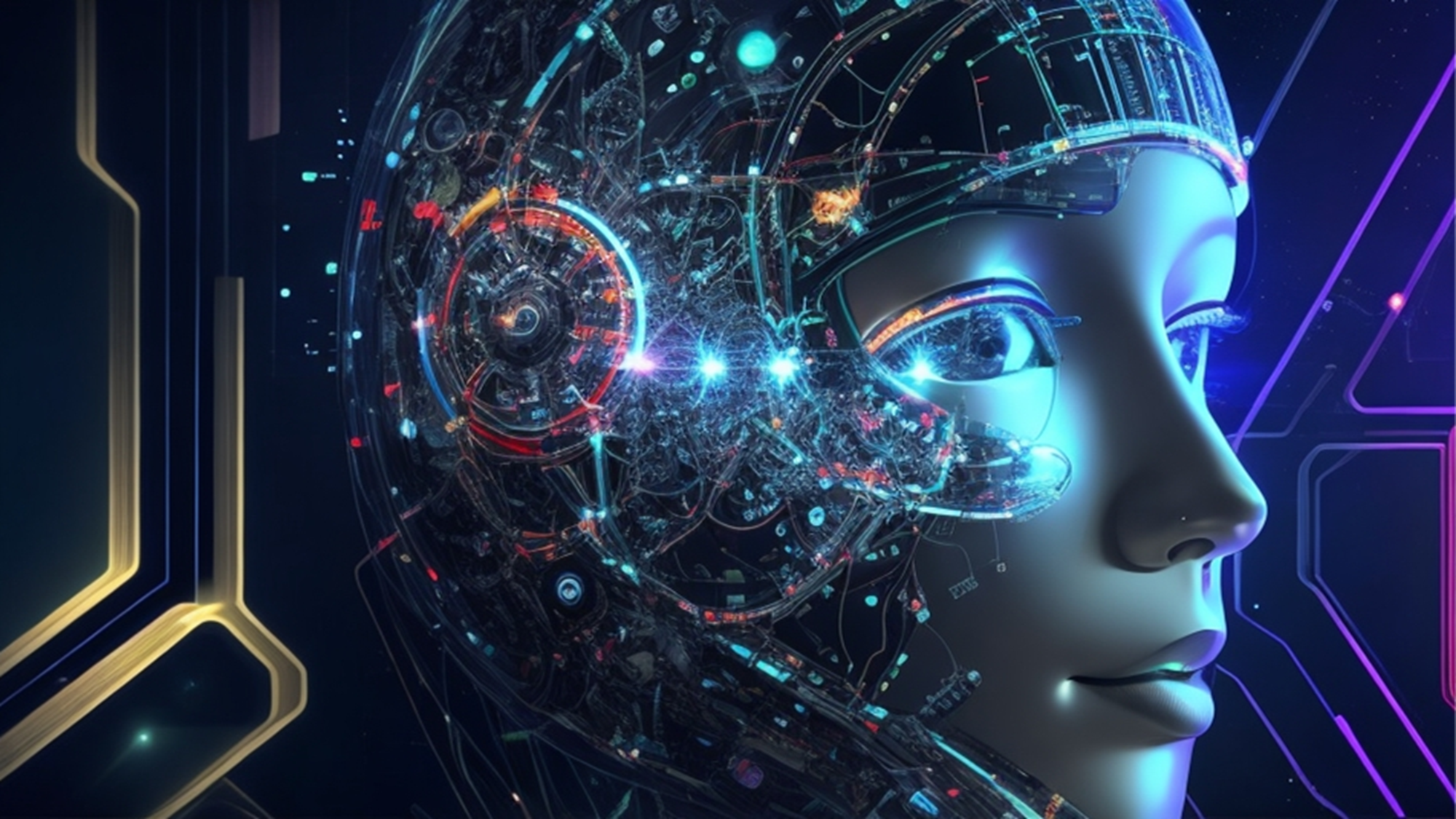AI in IT: How Artificial Intelligence is Revolutionizing the Industry

Artificial Intelligence (AI) has emerged as a pivotal technology, transforming various sectors and reshaping business strategies. In the realm of information technology (IT), AI holds significant potential for disruption, enabling organizations to enhance efficiency, refine decision-making processes, and unlock new avenues. This article delves into the transformative capabilities of AI within the IT industry, focusing on its applications, advantages, and future prospects.
Understanding AI in the IT Landscape
Artificial Intelligence encompasses the development of computer systems capable of executing tasks that traditionally require human intelligence. In IT, AI includes technologies like machine learning, natural language processing, and computer vision. These innovations empower systems to analyze vast datasets, learn from patterns, make informed choices, and communicate with users in a manner that simulates human interaction.
AI-Driven Automation and Operational Efficiency
AI-driven automation marks a pivotal shift for the IT industry. It allows companies to automate repetitive and time-consuming tasks, liberating resources and enabling IT teams to concentrate on strategic initiatives. Advanced chatbots and virtual assistants can manage customer inquiries, troubleshoot technical issues, and deliver personalized support, boosting operational efficiency and customer satisfaction.
Reinforcing Cybersecurity through AI
Cybersecurity remains a paramount concern for organizations in the digital age. AI provides robust solutions by analyzing network patterns, detecting anomalies, and identifying potential threats in real-time. AI algorithms respond swiftly to security breaches, minimizing harm and safeguarding critical data. Through continuous learning from emerging threats, AI systems become adept at recognizing and mitigating cyber attacks.
Optimizing IT Operations with AI
AI technology streamlines IT operations by optimizing processes, enhancing resource allocation, and reducing downtime. Predictive analytics and machine learning algorithms facilitate proactive monitoring of IT infrastructure, enabling early issue detection and timely preventive actions. By harnessing AI, IT departments can efficiently manage systems, ensuring seamless operations and minimizing disruptions.
Intelligent Data Analysis and Actionable Insights
The IT sector generates massive volumes of data, and AI unleashes its latent value. Through AI algorithms, companies can analyze and extract actionable insights from complex datasets. AI-powered analytical tools identify patterns, trends, and correlations, empowering organizations to make data-driven decisions and gain a competitive edge. From predicting customer behavior to refining business strategies, AI metamorphoses raw data into valuable knowledge.
Personalized User Experiences with AI
AI empowers companies to provide personalized user experiences, catering to individual preferences and requirements. Through machine learning algorithms, AI systems collect and analyze user data, enabling the creation of tailored recommendations, personalized content, and intuitive interfaces. By comprehending user behaviors and preferences, companies can heighten customer satisfaction, enhance engagement, and foster enduring loyalty.
AI’s Role in Predictive Maintenance
In the IT domain, predictive maintenance holds immense significance in ensuring system reliability and precluding unexpected outages. AI plays a pivotal role in predictive maintenance, leveraging data and machine learning algorithms to predict potential issues before they occur. By continuously monitoring equipment and analyzing performance data, AI systems can identify patterns indicative of impending failures, allowing organizations to take proactive measures, minimize downtime, and optimize maintenance efforts.
Ethical Implications of AI Adoption
As AI integration deepens in the IT sector, ethical considerations take center stage. Organizations must address issues concerning data privacy, algorithmic biases, and the impact of AI on employment. Implementing robust governance frameworks, promoting transparency, and ensuring responsible AI development and deployment are paramount. By placing ethics at the forefront, the IT industry can harness the power of AI while upholding societal values.
Navigating Challenges and Ensuring Successful Integration
While AI offers immense opportunities, its integration in the IT sector presents challenges. Organizations must tackle issues like data quality, integration complexity, and skill shortages. Crafting comprehensive AI strategies, investing in appropriate infrastructure, and fostering a culture of AI adoption is pivotal for success. By proactively addressing challenges and embracing AI as a strategic asset, companies can achieve successful transformation and gain a competitive edge.
Future Trends of AI in the IT Industry
The future of AI in the IT industry is promising. As technology evolves, AI will become more intelligent, capable, and seamlessly integrated into IT operations. Advancements in natural language processing, computer vision, and deep learning will unlock novel possibilities, transforming how companies leverage data, automate processes, and engage with customers. The IT industry is poised to witness continued AI growth and adoption, shaping the digital landscape for years to come.
Conclusion
Artificial Intelligence is reshaping the IT industry by revolutionizing automation, bolstering cybersecurity, streamlining operations, and enabling intelligent data analysis. AI’s potential to deliver personalized user experiences, optimize maintenance efforts, and drive strategic decision-making is substantial. However, ethical considerations, challenges, and a culture of responsible AI adoption are critical. By embracing AI’s transformative power, the IT industry can unlock new opportunities, enhance efficiency, and flourish in the digital era.
What Can We Do For Your Business?




